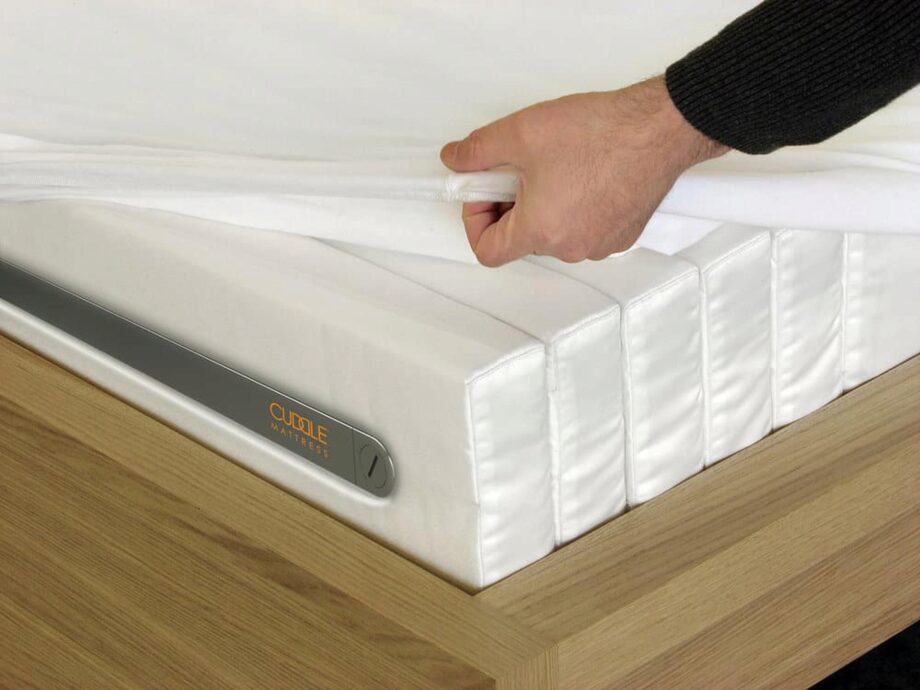Dealing with a sewage odor under your bathroom sink can be a frustrating and unpleasant experience. Not only does it make using the bathroom uncomfortable, but it can also be a sign of a bigger issue with your plumbing system. In this article, we will explore the top 10 causes of sewage odor under bathroom sink and how to address them. 1. Causes of Sewage Odor Under Bathroom Sink
One of the most common causes of sewage odor under bathroom sink is damaged or leaking plumbing pipes. Over time, pipes can become cracked or corroded, causing sewage to leak out and emit a foul odor. If you suspect this is the case in your bathroom, it is important to have a professional plumber inspect and repair the pipes to prevent further damage. 2. Damaged or Leaking Plumbing Pipes
A clogged drain or vent pipe can also contribute to sewage odor under bathroom sink. When a drain or vent pipe becomes clogged, it can trap debris and bacteria, leading to a buildup of unpleasant smells. Regularly cleaning and maintaining your drain and vent pipes can help prevent this issue. 3. Clogged Drain or Vent Pipe
The P-trap is a curved section of pipe located under your sink that is designed to prevent sewer gases from entering your home. However, if the P-trap becomes dry due to infrequent use, it can no longer effectively block these gases, resulting in a sewage odor. To fix this issue, simply pour water down the drain to refill the P-trap and create a barrier against the odors. 4. Dry P-Trap
Another cause of sewage odor under bathroom sink is an improperly installed or sealed toilet. If the seal between the toilet and the floor becomes damaged or worn, it can allow sewer gases to escape into your bathroom. In this case, it is best to have a professional plumber reseal the toilet to prevent any further odors. 5. Improperly Installed or Sealed Toilet
All plumbing systems have a vent pipe that allows sewer gases to escape outside. However, if this pipe becomes blocked, the gases may have nowhere to go and can end up seeping into your bathroom. If you suspect this is the case, it is important to have a professional plumber clear the blockage and ensure proper ventilation. 6. Blocked Sewer Vent Pipe
If all of the drains in your bathroom are emitting a sewage odor, it could be a sign of a damaged sewer line. This can occur due to tree root invasion, ground shifting, or old age. It is important to address this issue as soon as possible to prevent further damage and unpleasant odors. 7. Sewer Line Damage
In some cases, the cause of sewage odor under bathroom sink may be due to improper installation of the plumbing. If the pipes are not properly connected or sealed, it can allow sewer gases to escape into your bathroom. It is best to have a professional plumber inspect the plumbing and make any necessary repairs or adjustments. 8. Improperly Installed Plumbing
A sewage backup is a homeowner's worst nightmare. Not only does it cause a foul odor, but it can also lead to serious health hazards. If you suspect a sewage backup is the cause of the odor under your bathroom sink, it is important to call a professional plumber immediately to address the issue. 9. Sewage Backup
Lastly, mold growth can also contribute to a sewage odor under bathroom sink. If moisture is present, it can create the perfect environment for mold to grow and emit a musty odor. Regularly cleaning and properly ventilating your bathroom can help prevent mold growth and eliminate any unpleasant smells. In conclusion, a sewage odor under bathroom sink can have a variety of causes, but it is important to address the issue before it becomes a bigger problem. With proper maintenance and the help of a professional plumber, you can eliminate any unpleasant smells and ensure your bathroom remains a clean and comfortable space. 10. Mold Growth
Why You Might Be Experiencing Sewage Odor Under Your Bathroom Sink

Sewage odor under the bathroom sink can be a frustrating and unpleasant problem to deal with. Not only is it unpleasant to smell, but it can also be a health hazard if left untreated. If you're experiencing this issue in your home, you may be wondering what is causing it and how to fix it. Here are some of the common reasons for sewage odor under the bathroom sink and what you can do about it.
Clogged Pipes
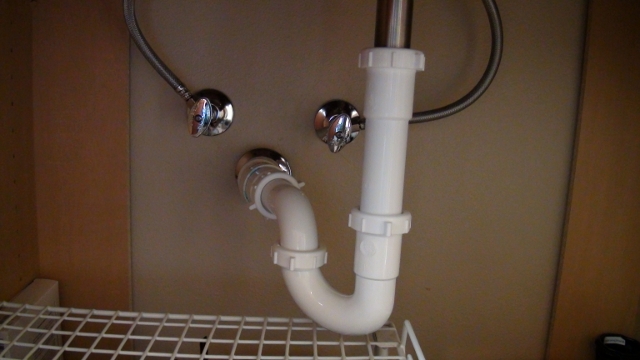
One of the most common causes of sewage odor under the bathroom sink is clogged pipes. Over time, debris, hair, and other substances can build up in your pipes, causing a blockage. This blockage can prevent proper drainage and lead to unpleasant odors. To fix this issue, you can try using a plunger or a plumbing snake to clear the clog. If the problem persists, it may be best to call a professional plumber for assistance.
Cracked or Damaged Pipes

If you've ruled out a clog as the cause of the sewage odor, then it's possible that you have cracked or damaged pipes. Over time, pipes can become damaged due to age, wear and tear, or even tree roots growing into them. These cracks and damages can allow sewage gases to escape into your home, causing the unpleasant smell. To fix this issue, you will need to have the damaged pipes replaced by a professional plumber.
Dry P-Trap

The P-trap is a curved pipe located under your sink that is designed to hold a small amount of water. This water creates a seal that prevents sewage gases from entering your home. If the P-trap dries out, it can no longer create this seal and allow the odor to escape. To fix this issue, simply run water down the drain to refill the P-trap and create the seal again.
Improper Venting
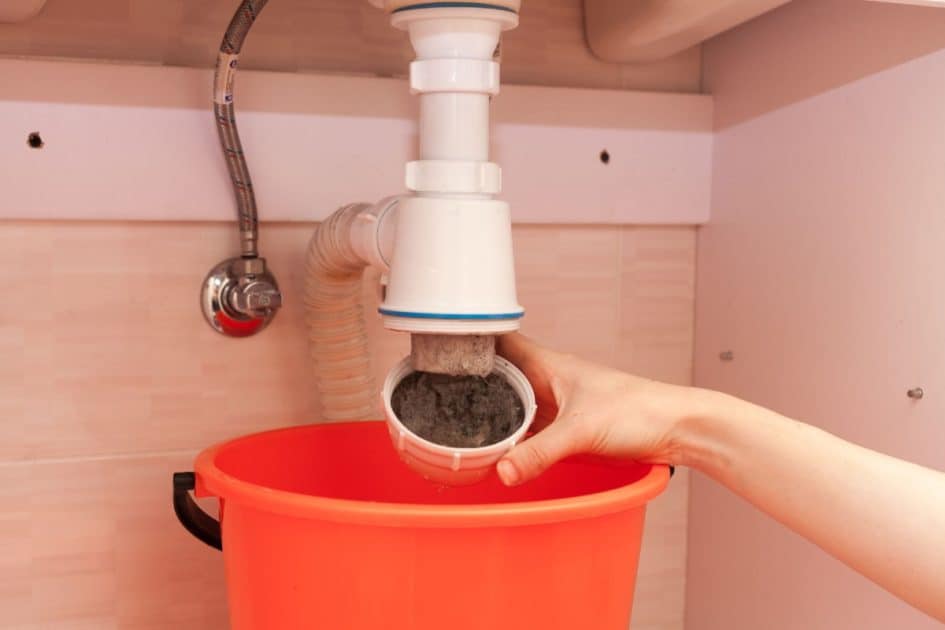
Another common cause of sewage odor under the bathroom sink is improper venting. Plumbing systems are designed to have vents that allow air to escape, preventing pressure buildup and allowing proper drainage. If these vents become blocked or damaged, it can lead to sewage gases escaping into your home. To fix this issue, it's best to call a professional plumber to assess and repair the venting system.
Dealing with sewage odor under your bathroom sink can be frustrating, but it's important to address the issue as soon as possible. By understanding the possible causes and taking the appropriate measures to fix them, you can eliminate the unpleasant smell and ensure a healthy and comfortable living environment in your home.



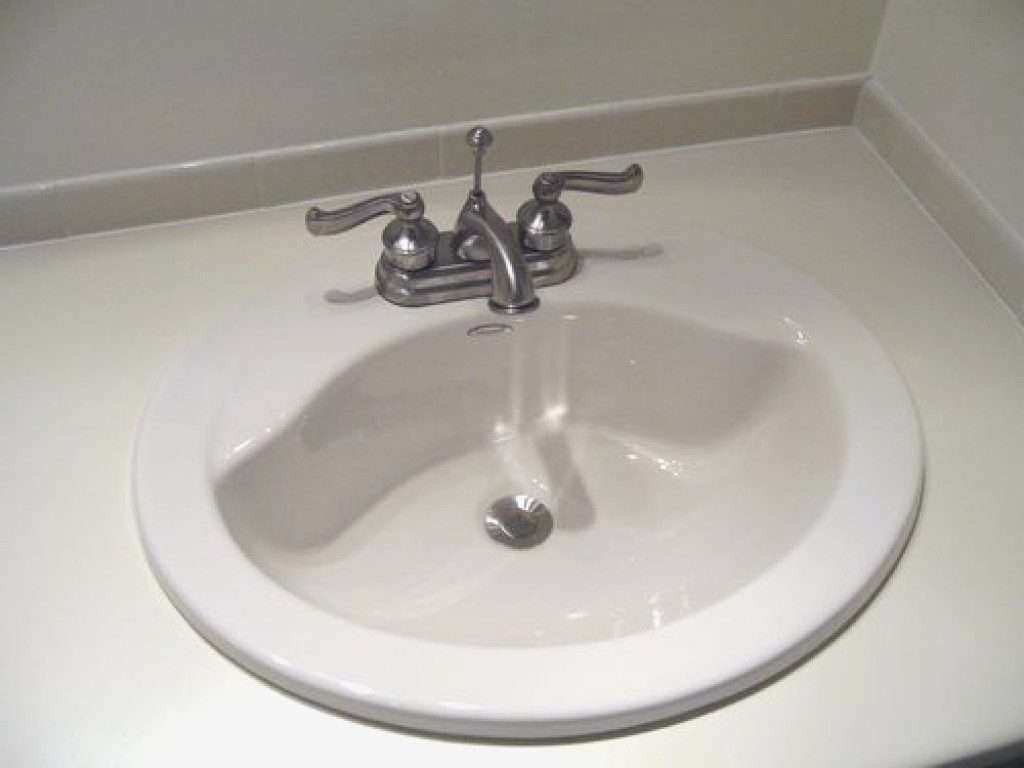

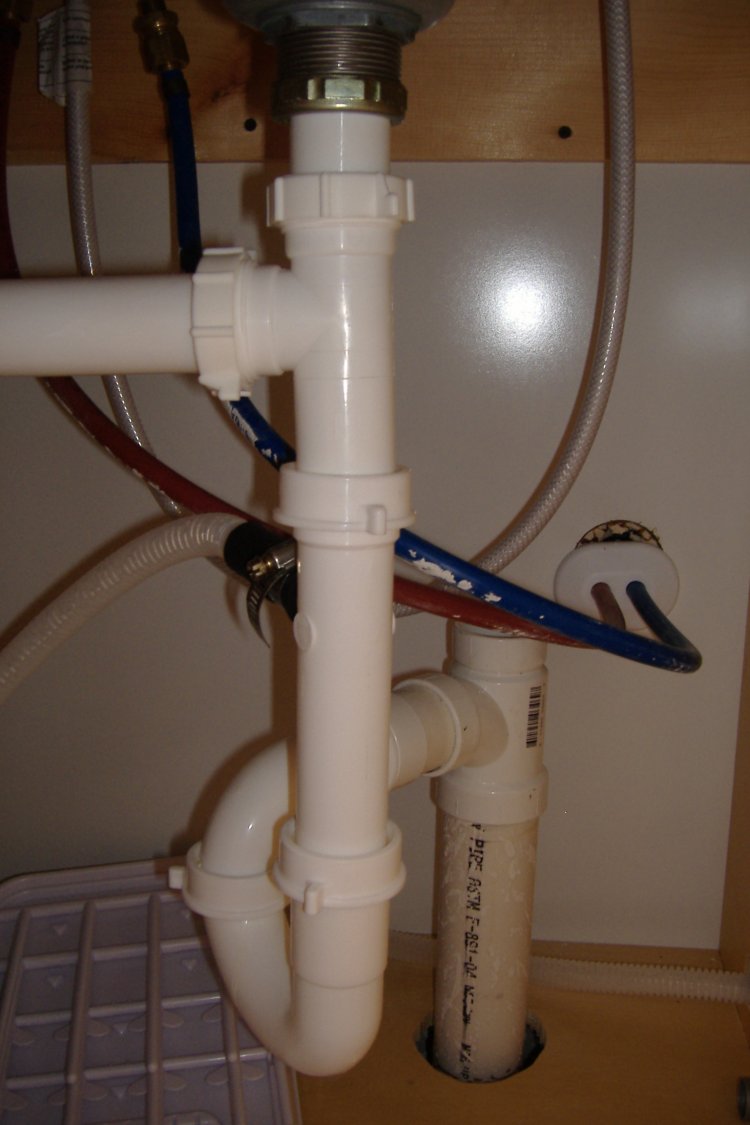





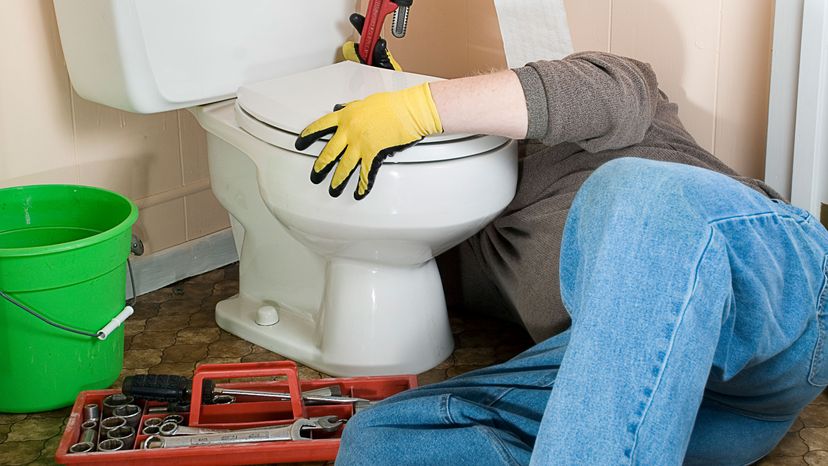





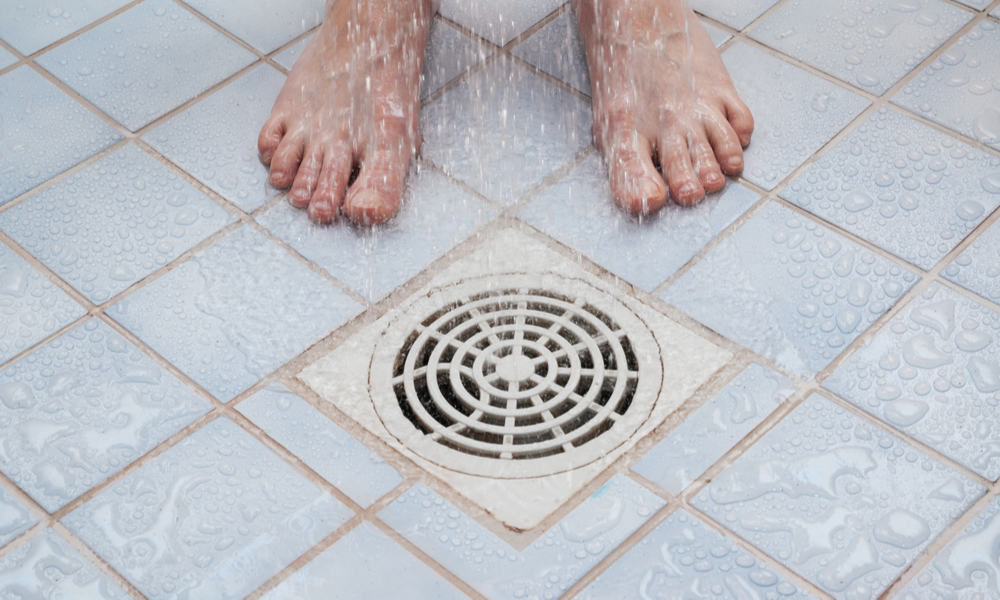
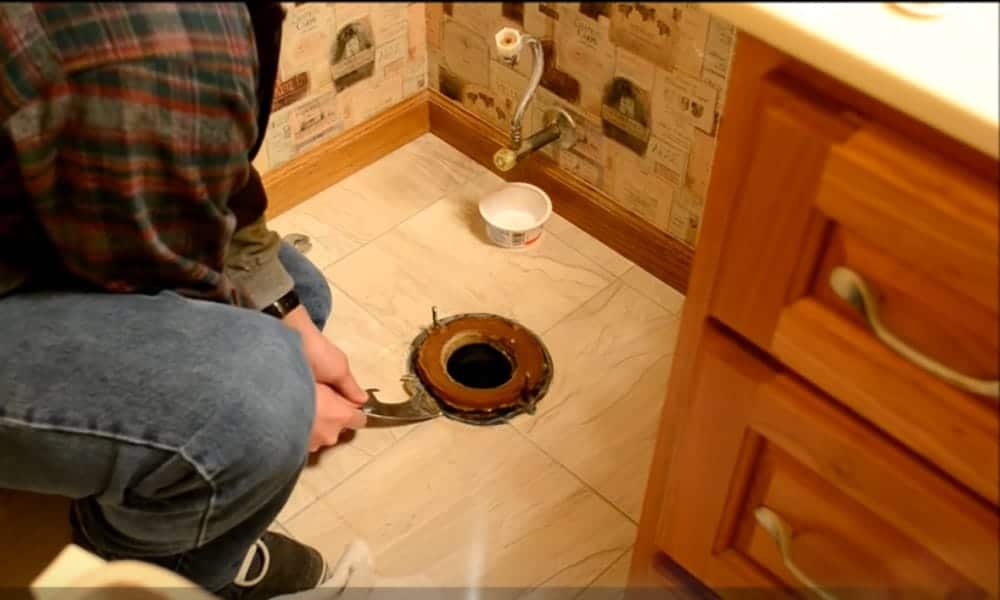

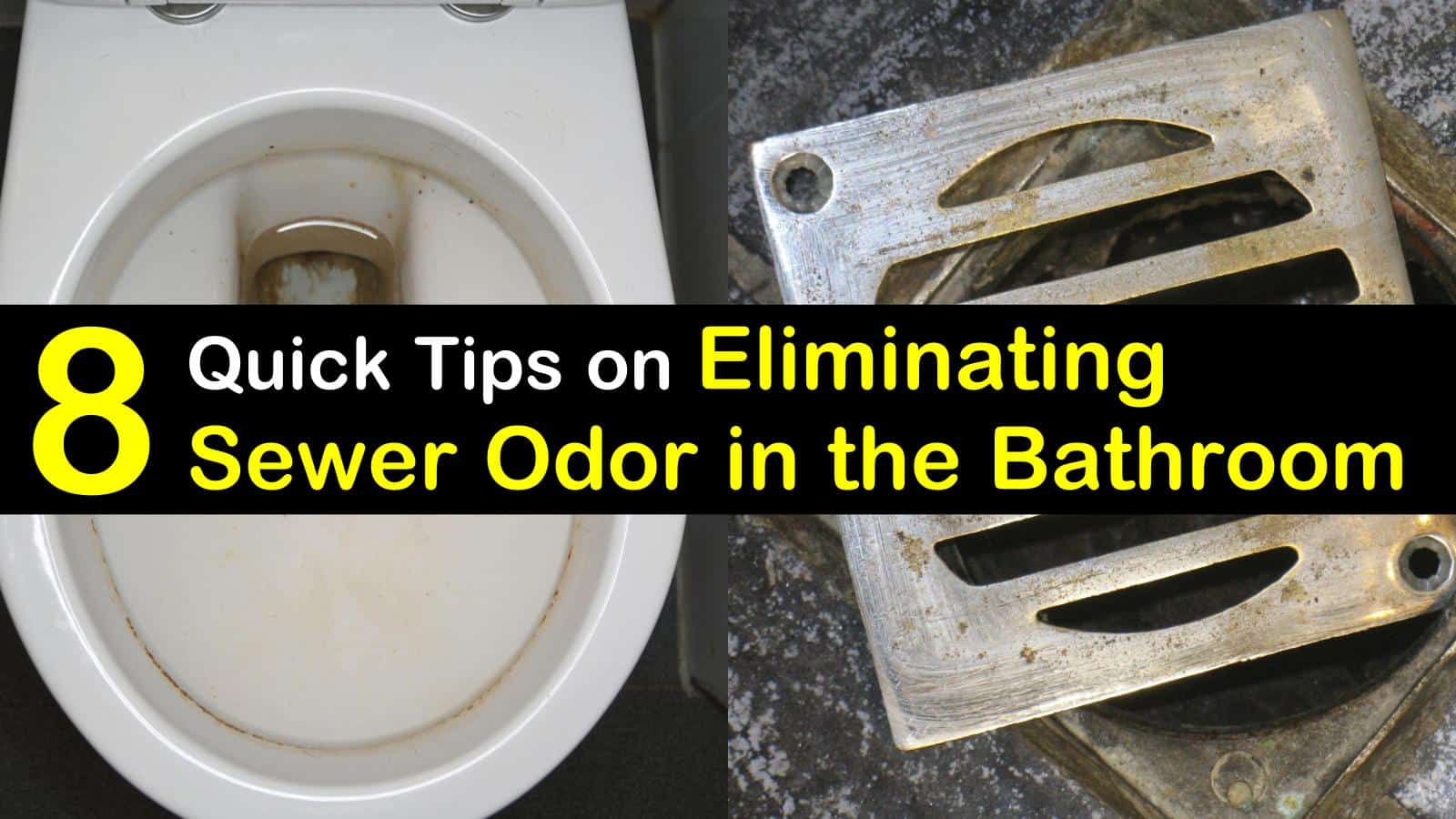

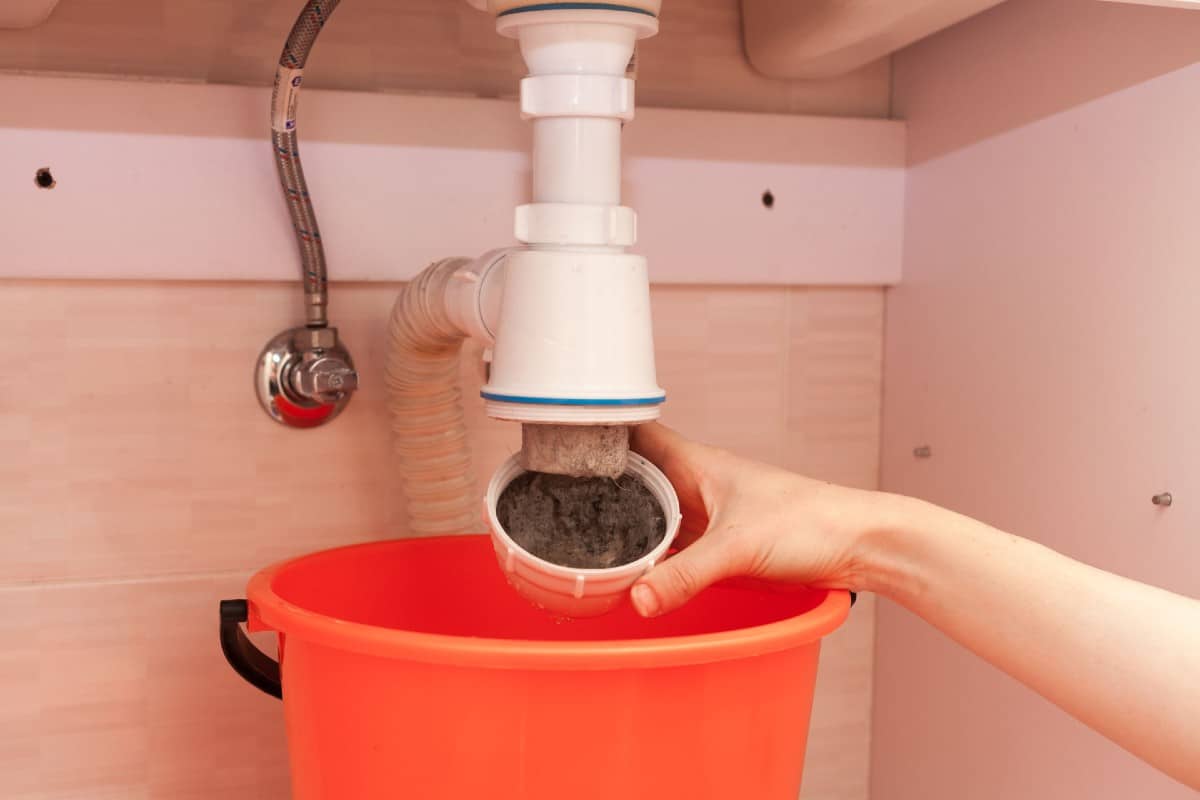


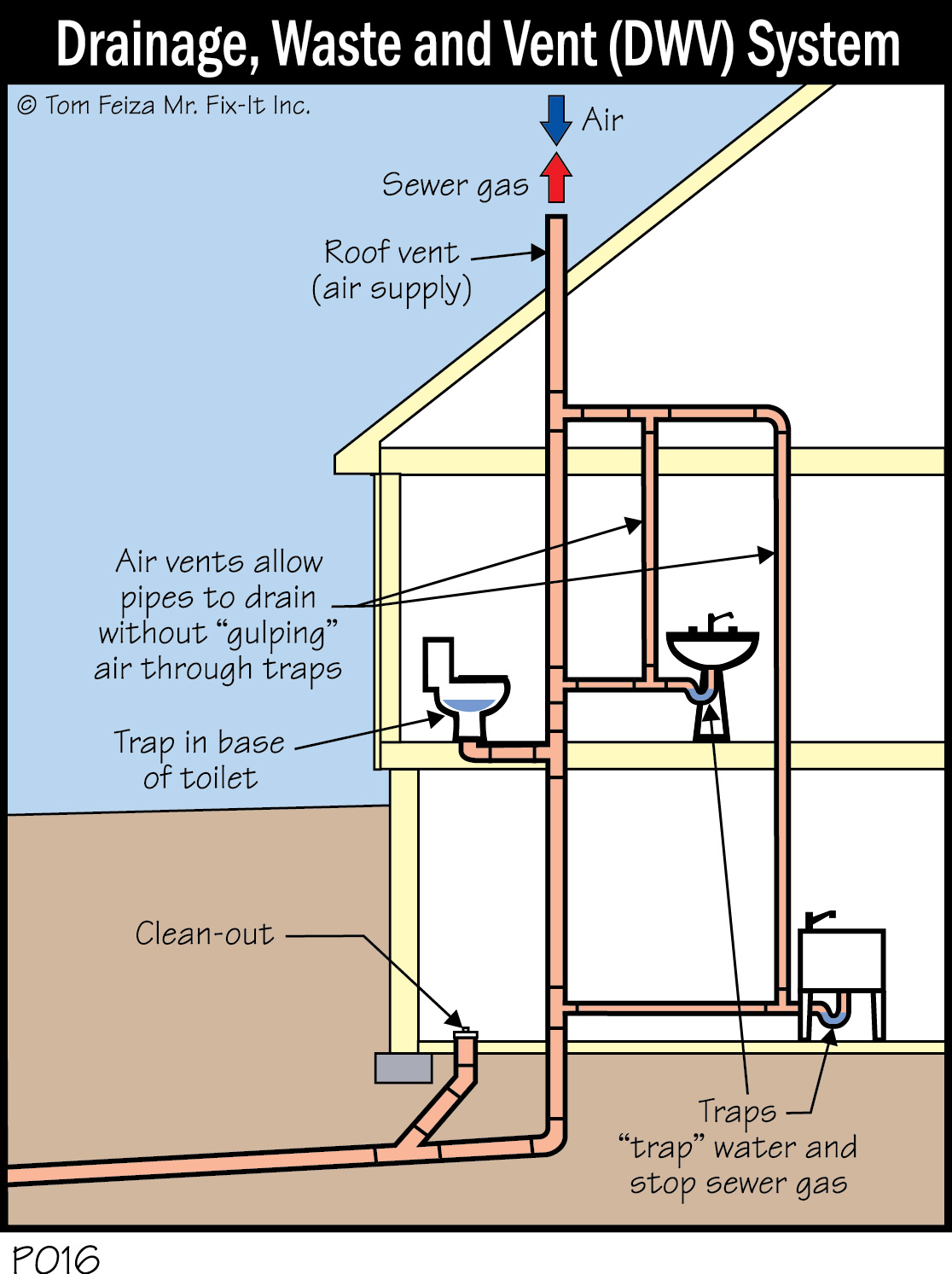
:max_bytes(150000):strip_icc()/sink-pipe-under-wash-basin-119001607-6f28aec4c66944efb7a9a38cb622ab8b.jpg)
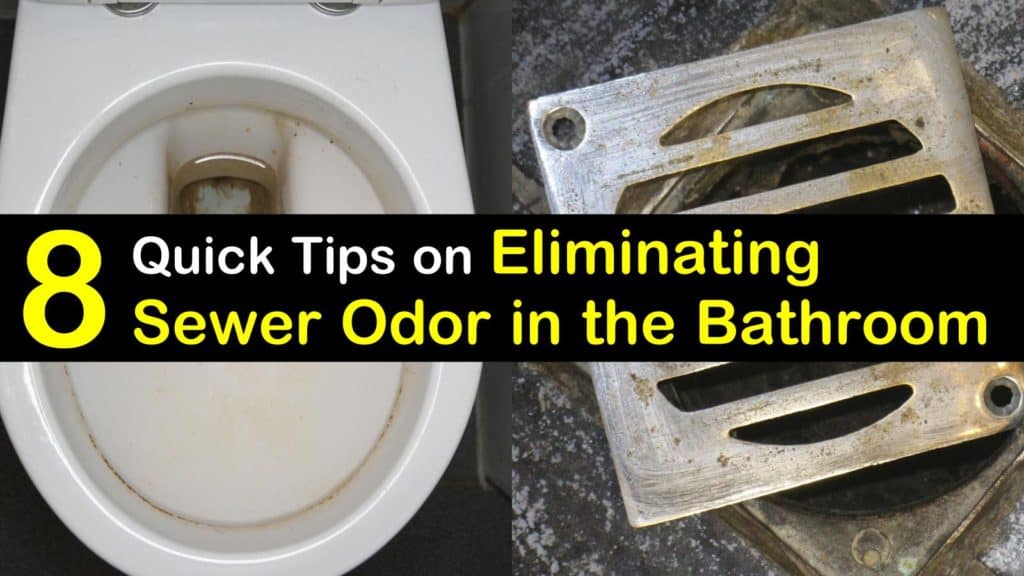
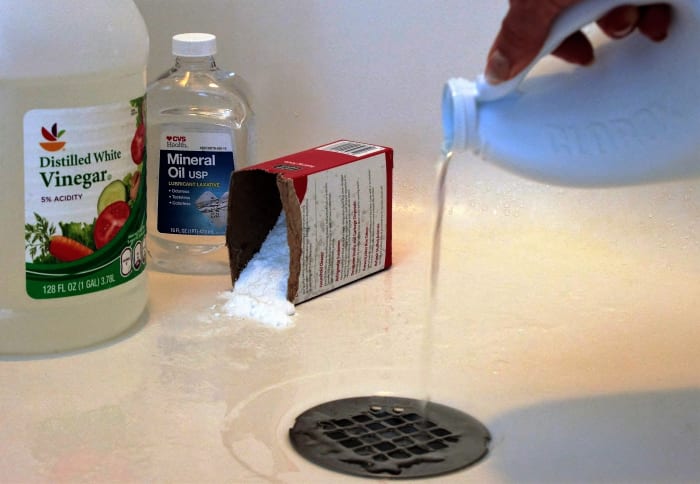



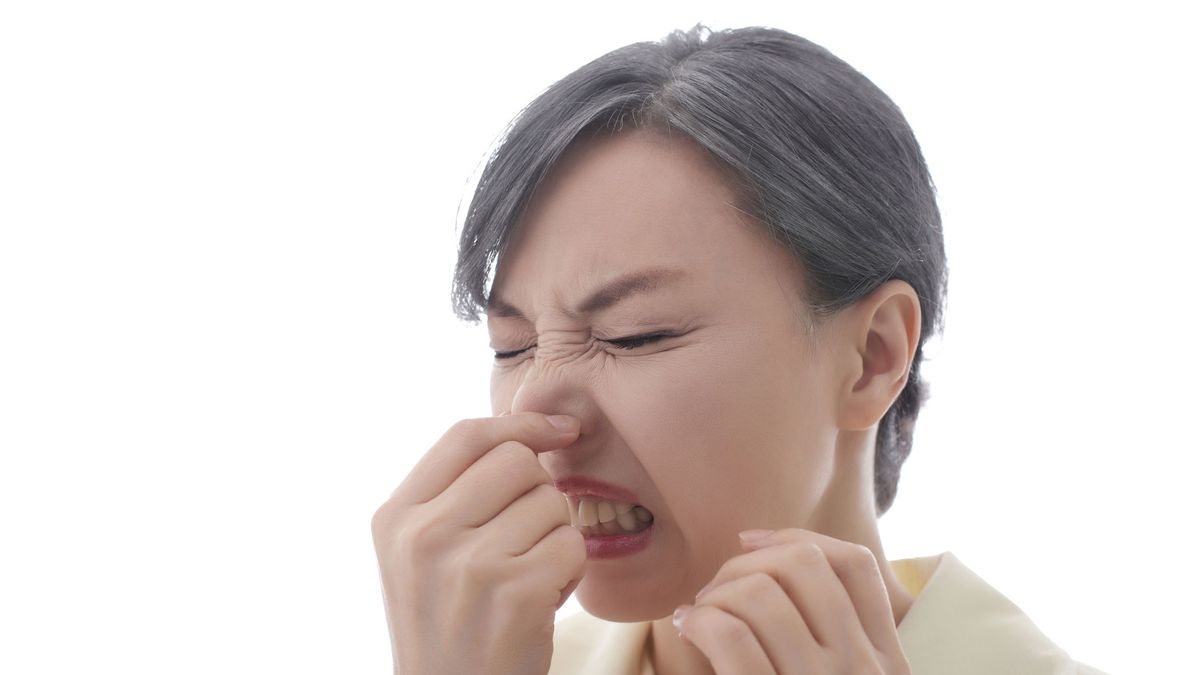



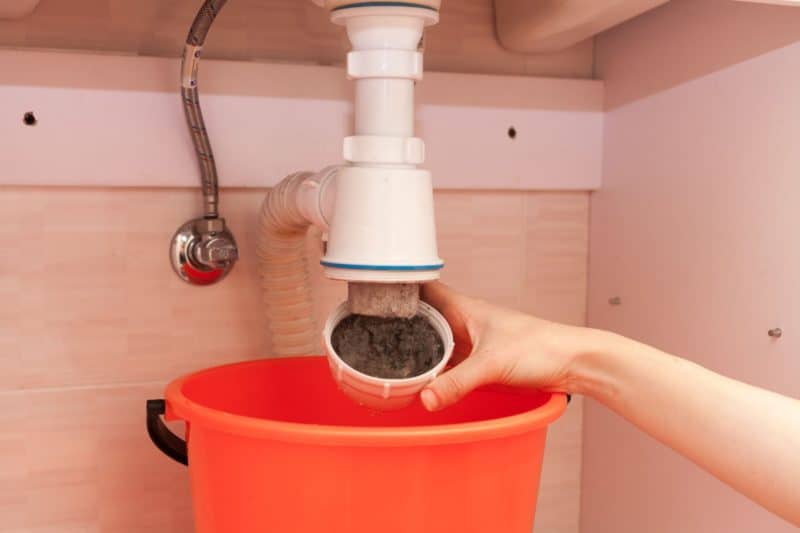




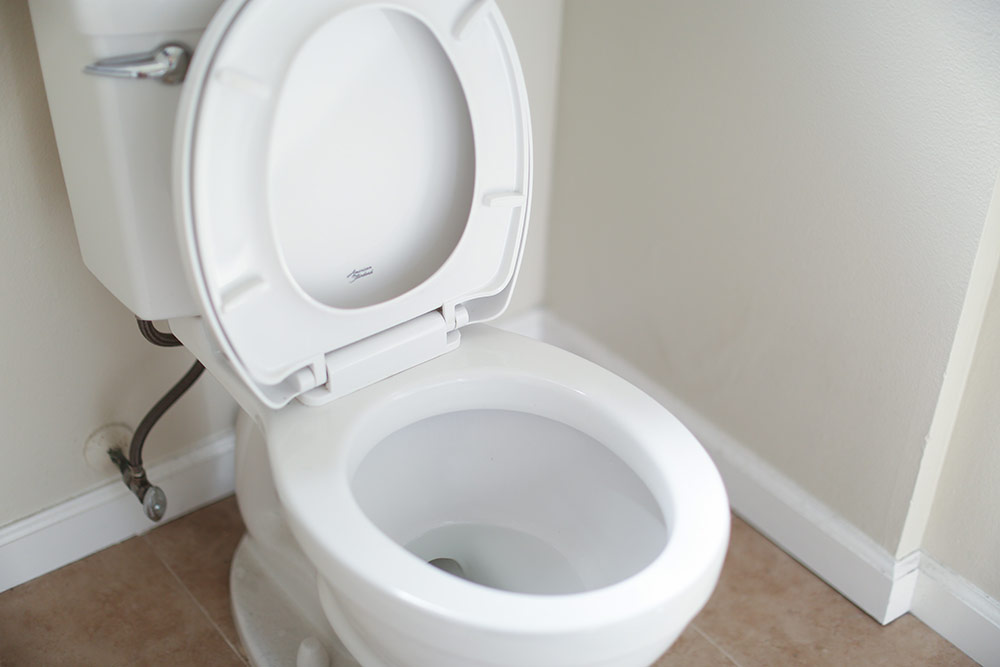

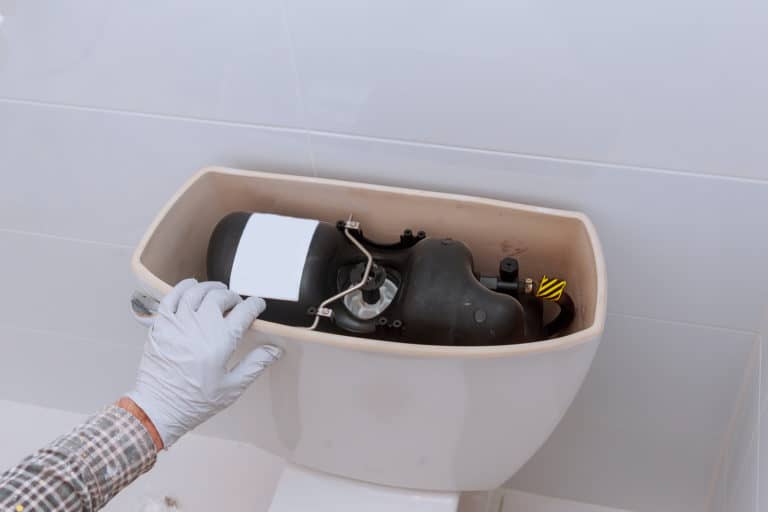
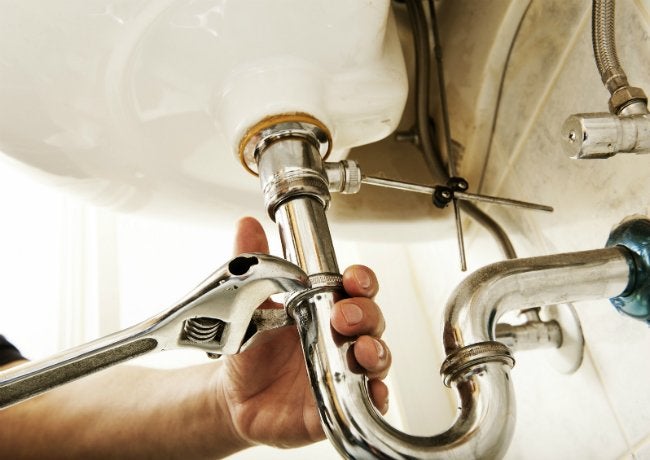






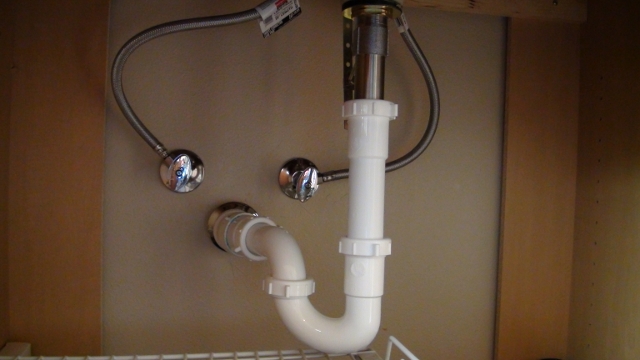
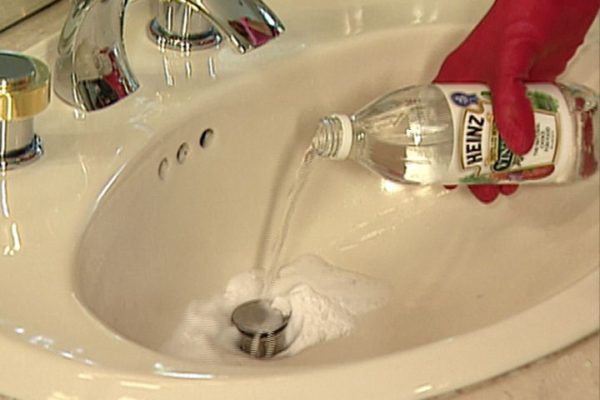






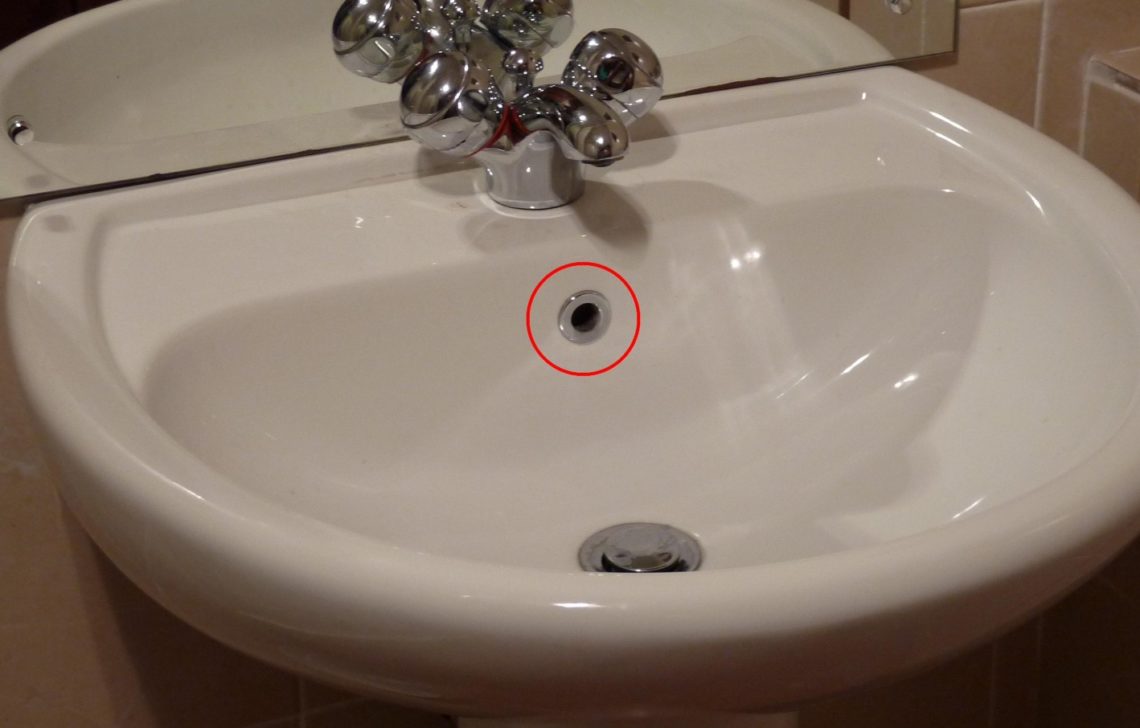
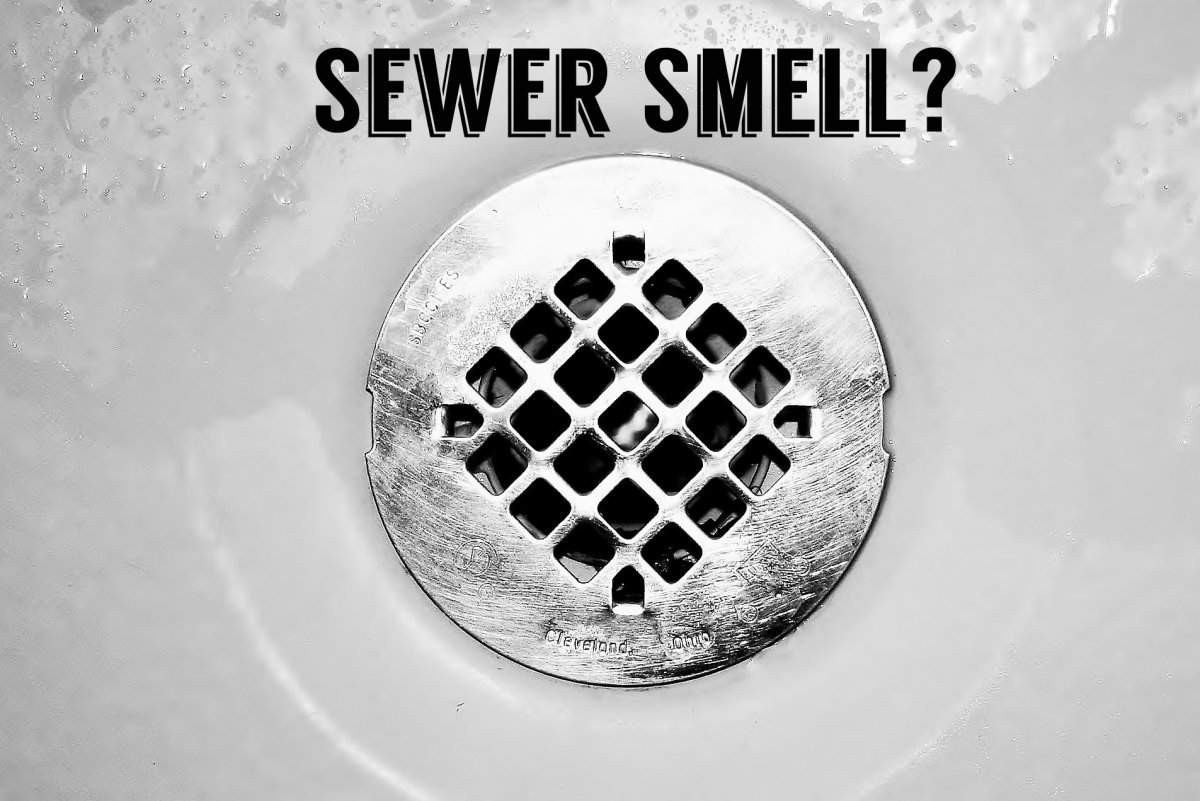



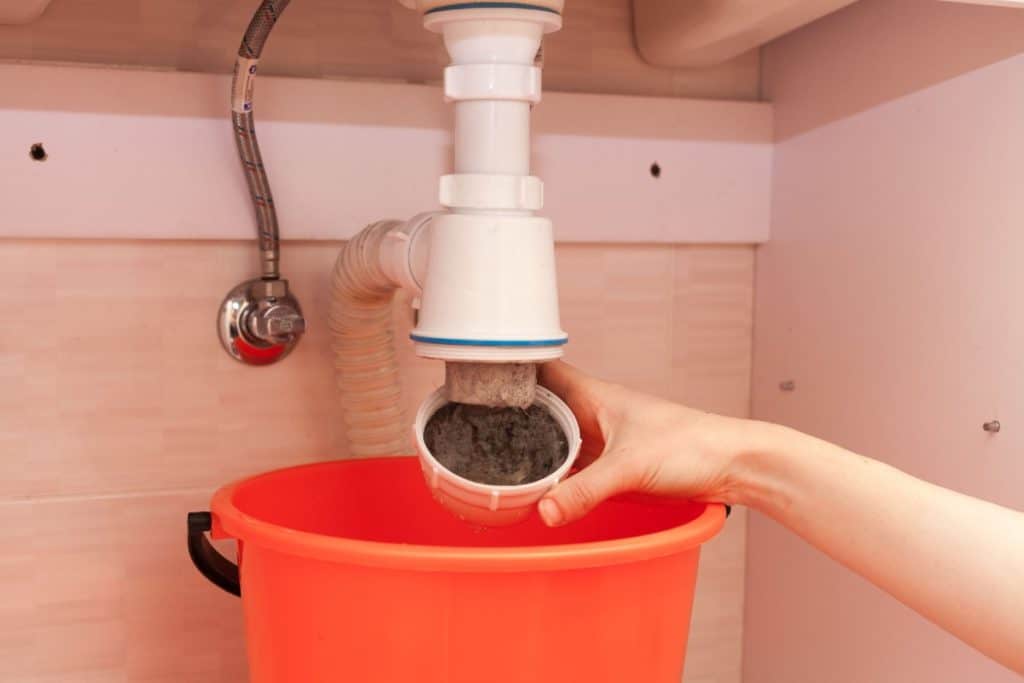
:max_bytes(150000):strip_icc()/why-does-my-kitchen-sink-smell-like-sewage-4707719_06_Citrus-Peels-Ice-and-Salt-9013424033674901bb333de977aae138.jpg)

